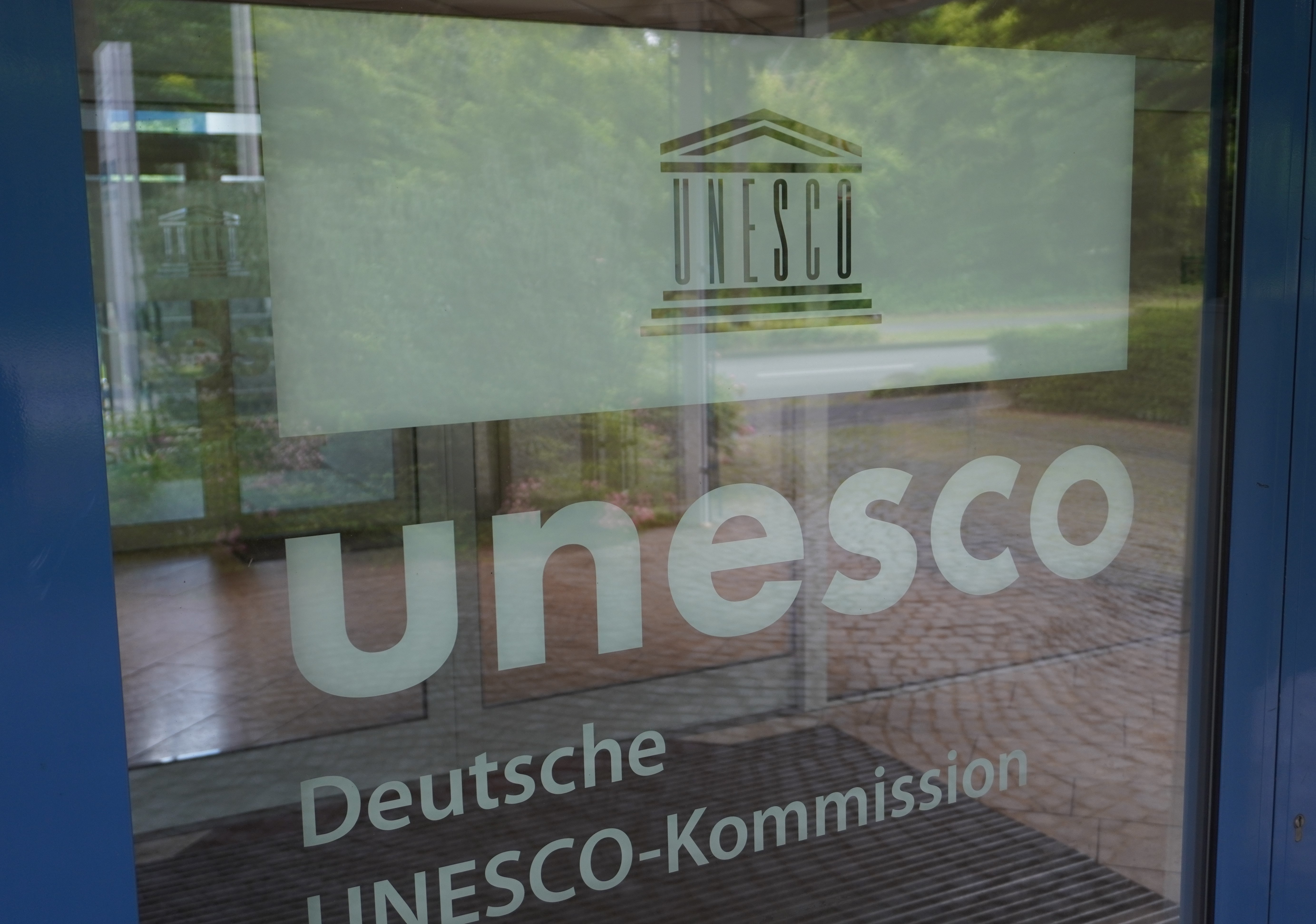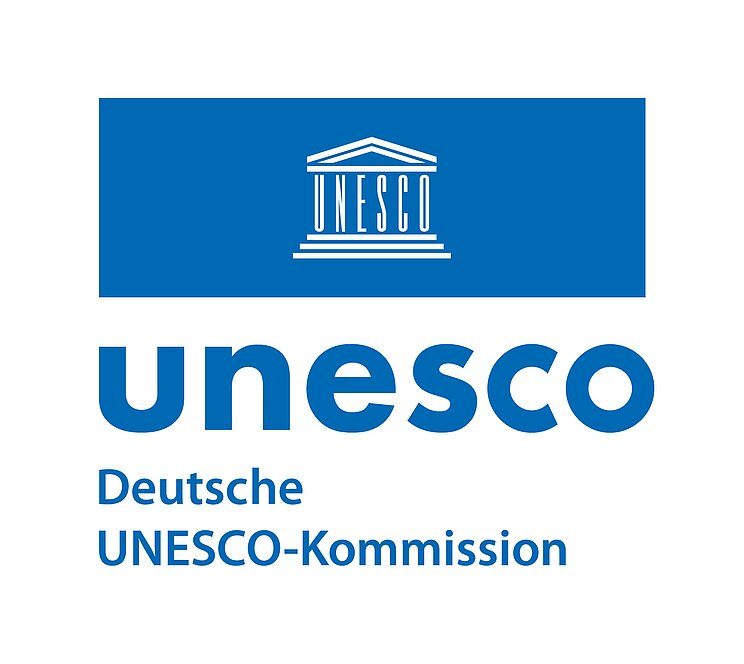

EuroMAB2024: Opening of the Meeting of European and North American UNESCO Biosphere Reserves

Prof. Dr. Maria Böhmer
Präsidentin der Deutschen UNESCO-Kommission
- The spoken word counts! –
Dear Federal Minister, Mrs. Lemke,
Dear Deputy Minister-President, Mr. Willingmann,
Dear Director, Mr. Abreu,
Ladies and Gentlemen,
On behalf of the German Commission for UNESCO,
it is my pleasure to welcome you all to Lutherstadt Wittenberg.
In this region of Germany you can experience the UNESCO family in its full variety. The Luther City of Wittenberg is part of the UNESCO World heritage for almost 30 years now.
Just a five-minute walk from here, Martin Luther posted his famous '95 Theses' at the door of the castle church in 1517. This marked the beginning of the Reformation and a new era in the religious history of the Western world.
Furthermore, in the next days many of you will visit two more world heritage sites in this region: the Bauhaus in Dessau and Gartenreich Dessau-Wörlitz. Last but not least, Wittenberg lies in Germany's largest inland UNESCO biosphere reserve: the UNESCO Biosphere Reserve Elbe River Landscape.
I am very happy that we have succeeded in holding EuroMAB 2024 in Germany for the first time ever. It is a great success that so many network members have accepted our invitation - thank you all for that.
I would also like to thank the Federal Agency for Nature Conservation that enabled us to organize this event in cooperation with this hosting biosphere reserve with funds from the Federal Ministry for the Environment, Nature Conservation, Nuclear Safety and Consumer Protection.
In Germany we offer even more support for your network: I want to stress out the Parliamentary Group on Biosphere Reserves of the German Bundestag, which works in a unique way in Europe and worldwide for the support and appreciation of biosphere reserves as model regions for sustainable development.
“Climate for Change” - under this title, you address various dimensions of necessary change at this conference.
First and foremost, the climate crisis, which confronts us with big challenges.
But also, the biodiversity crisis shows us that our approach of living on this world will not have a future - at least no future with diversity.
However, these crises are not new. Already in 1971,
UNESCO had the foresight to launch the MAB program to tackle them:
It was the first global program to comprehensively address the relationship between humans and nature using multidisciplinary research. This makes you to pioneers.
You offer solutions for a sustainable future in which people and nature can exist in harmony. As the awareness of the crises has risen in the last decades, your solutions become even more visible:
As model regions for sustainable development, you are at the forefront. You are actively implementing the sustainability goals of the 2030 Agenda together with the local communities.
You are agents for change.
Furthermore, you act as agents of change in fostering international cooperation in your network.
This cooperation is especially relevant as we face another crisis these days: I am personally concerned about the increasing intolerance and violence as well as the ongoing brutal wars around the world.
As part of the UNESCO family, we all have to stand up for an open and liberal world in freedom.
“Climate for Change” can also mean working together against these negative trends and for a sustainable life in diversity. You have the opportunity of fostering international cooperation in your global network of UNESCO biosphere reserves - for mutual understanding and tolerance. This makes you also to model regions for peace and cohesion.
With this in mind, I am delighted that you all meet in Wittenberg: This conference is about exchanging ideas, forging alliances, learning from and inspiring each other.
Thank you very much!